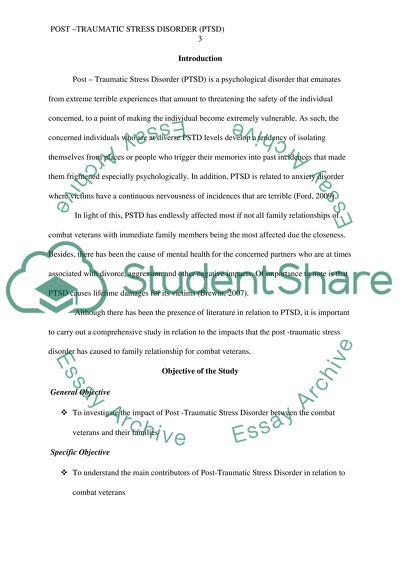Cite this document
(“Impacts of Post-Traumatic Stress Disorder (PTSD) on Combat Veterans' Research Proposal”, n.d.)
Retrieved from https://studentshare.org/psychology/1481390-impacts-of-post-traumatic-stress-disorder-ptsd-on
Retrieved from https://studentshare.org/psychology/1481390-impacts-of-post-traumatic-stress-disorder-ptsd-on
(Impacts of Post-Traumatic Stress Disorder (PTSD) on Combat Veterans' Research Proposal)
https://studentshare.org/psychology/1481390-impacts-of-post-traumatic-stress-disorder-ptsd-on.
https://studentshare.org/psychology/1481390-impacts-of-post-traumatic-stress-disorder-ptsd-on.
“Impacts of Post-Traumatic Stress Disorder (PTSD) on Combat Veterans' Research Proposal”, n.d. https://studentshare.org/psychology/1481390-impacts-of-post-traumatic-stress-disorder-ptsd-on.


